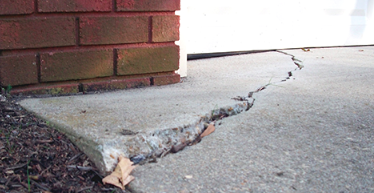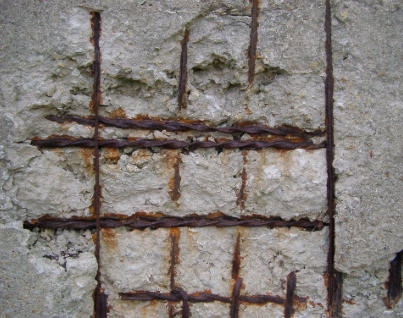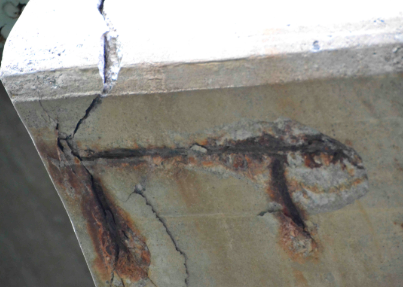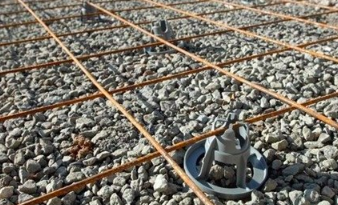- Envirocrete Calgary AB
- Mar 31, 2019
- 3 min read
Updated: Apr 2, 2019
Why does concrete crack? And what are the most common causes?
Unfortunately concrete cracks and its unavoidable allot of the time and there isn’t a concrete contractor that would guarantee against cracking. Having said that though there are some preventative measures that can be incorporated that can lower the risk of cracking.
The 3 main reasons why concrete cracks:
1.) Rebar
Rebar steel is a key factor often overlooked when it comes to concrete cracks. Rebar gives the concrete its flexibility (tensile strength), so any movement to the slab it can actually flex to a certain degree, without steel concrete would crack all over, these two products together make concrete the super product that it is, with concretes high compressive strength and steels high tensile strength they go together like peanut butter and jelly.
The limited use of bar chairs to lift the steel off the ground is a common problem. Rebar should be in the centre of a concrete slab for optimum results, most contractors don’t use them and rely on the workers to lift it up during the pour. This method fails as soon as the rebar is lifted it gets stepped on and is pushed back to the bottom of the slab rendering it less effective.
Problems arise when:
• Not using bar chairs to centre the rebar in the slab
• Not enough rebar in used in the slab
• Not the right grade or size of rebar required for the job
• Improper tying of the rebar
• Not having rebar within 2-3” from the formwork
2.) Concrete sub-grade and sub-base
Not having adequate sub-grade and sub-base to work with will cause all sorts of problems long term. When the ground to pour concrete is not properly compacted it will eventually sink and can make your slab uneven and increase the chances of cracking over time.
• Earth not back filled and compacted properly
• Water run off underneath slab causing cavities and sinkholes
• Ground freezing and thawing out rapidly
In adequate gravel depth and compaction will be problematic also on backfilled ground you should at least have 4” of well compacted gravel. On virgin ground you can get away with 2”. To reach optimum compaction water should be used to soak the gravel while operating a plate tamper.
3.) Harsh conditions
Pouring concrete in harsh hot windy conditions is when instant cracks start forming in the slab that will need to be addressed immediately. When concrete cures (hardens) it goes through a process called hydration and releases water into the air to evaporated, if this process happens to quickly the concrete surface will crack open. As the surface of the concrete is hard and below the hardened top is allot of water that needs to be released.
Factors for rapid evaporation:
• High temperatures
• Sun exposure
• High winds
• Having a hot concrete load delivered
• Inadequate water ratio
• Low humidity
• Colour oxide being used in the mix
Other factors that can contribute to cracking
• Too much water in the mix will reduce the concretes strength over time
• Not having enough control joints to allow for concrete contraction
• Not having control joints in the appropriate locations
Conclusion
While concrete cracks are some unavoidable following these suggestions will definitely help. Hopefully this having given you good insight into why concrete cracks and some methods for crack prevention.
If you are getting concrete work done it’s always a good idea to talk about these issues as allot of concrete services cut corners to save time and money.
While it might not show up in the beginning over time these short cuts will become more apparent and cracks and sinking will become more and more visible.






























Comments